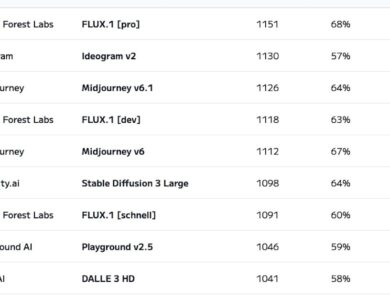What are the advantages of a CRM for an association?

Customer relationship management software, or CRM, is fully adaptable to the non-profit environment and offers many advantages for this type of structure.
Just like businesses, associations seek to optimize their management and communication to maximize their impact through various digital tools. The use of a CRM (for Customer Relationship Management) then becomes a strategic solution. This tool not only allows you to effectively manage relationships with members, donors and volunteers, but also to structure internal operations. Discover in this article how a CRM can enable optimal association management while freeing up time for employees and volunteers for strategic tasks.
What is a CRM and why use it in the non-profit sector?
A CRM, or customer relationship management system, is a software platform designed to centralize and manage an organization's interactions with its contacts, whether they are customers, members, donors, or partners. Initially used in the commercial domain, CRM allows you to track information, manage communications, and analyze data to better understand user needs and behaviors.
In the nonprofit sector, where resources are often limited and relationship management is crucial, adopting a CRM offers real added value. It can facilitate membership management, donation tracking and volunteer coordination, making it an essential tool for maximizing operational efficiency. By providing an overview of activities and interactions, a CRM helps associations structure their engagement and better meet the expectations of their members and donors.
The advantages of CRM in the associative environment
Using a CRM can therefore be of great organizational help within an association. Many processes can thus be optimized and facilitated, greatly reducing the margin of error and offering a significant time saving, in order to manage the association as best as possible, just like other dedicated tools. Overview of the advantages of CRM in the associative environment:
- Centralization of information: A CRM provides a single solution to consolidate all data relating to members, donors and volunteers. This centralization allows easy and quick access to up-to-date information, while reducing the risk of errors or duplicates.
- Personalized communication: Thanks to the segmentation capabilities of a CRM, associations can target their communications more precisely, adapting messages to the specific interests of each group of contacts, and thus strengthening the engagement and effectiveness of campaigns.
- Process automation: CRMs are able to handle repetitive tasks, such as automatically sending donation confirmations, membership reminders, or newsletters. This allows teams to focus on more strategic missions.
- Monitoring of relations with donors and volunteers: A CRM helps keep a detailed record of interactions with each donor or volunteer, making it easier to personalize thank-yous, track commitments, and create targeted loyalty campaigns.
- Analysis and reporting: The analytics tools built into a CRM provide detailed reports on all association activities. This helps managers assess performance, identify trends, and adjust strategies accordingly.
- Strengthening internal collaboration: By providing a common platform for sharing information, a CRM improves communication and collaboration within teams. This helps reduce information silos and ensures that all members of the association are working with the same data.
- Fundraising optimization: A CRM helps identify potential donors and better understand the behaviors of existing donors, which helps refine fundraising strategies and maximize financial contributions received by the association.



